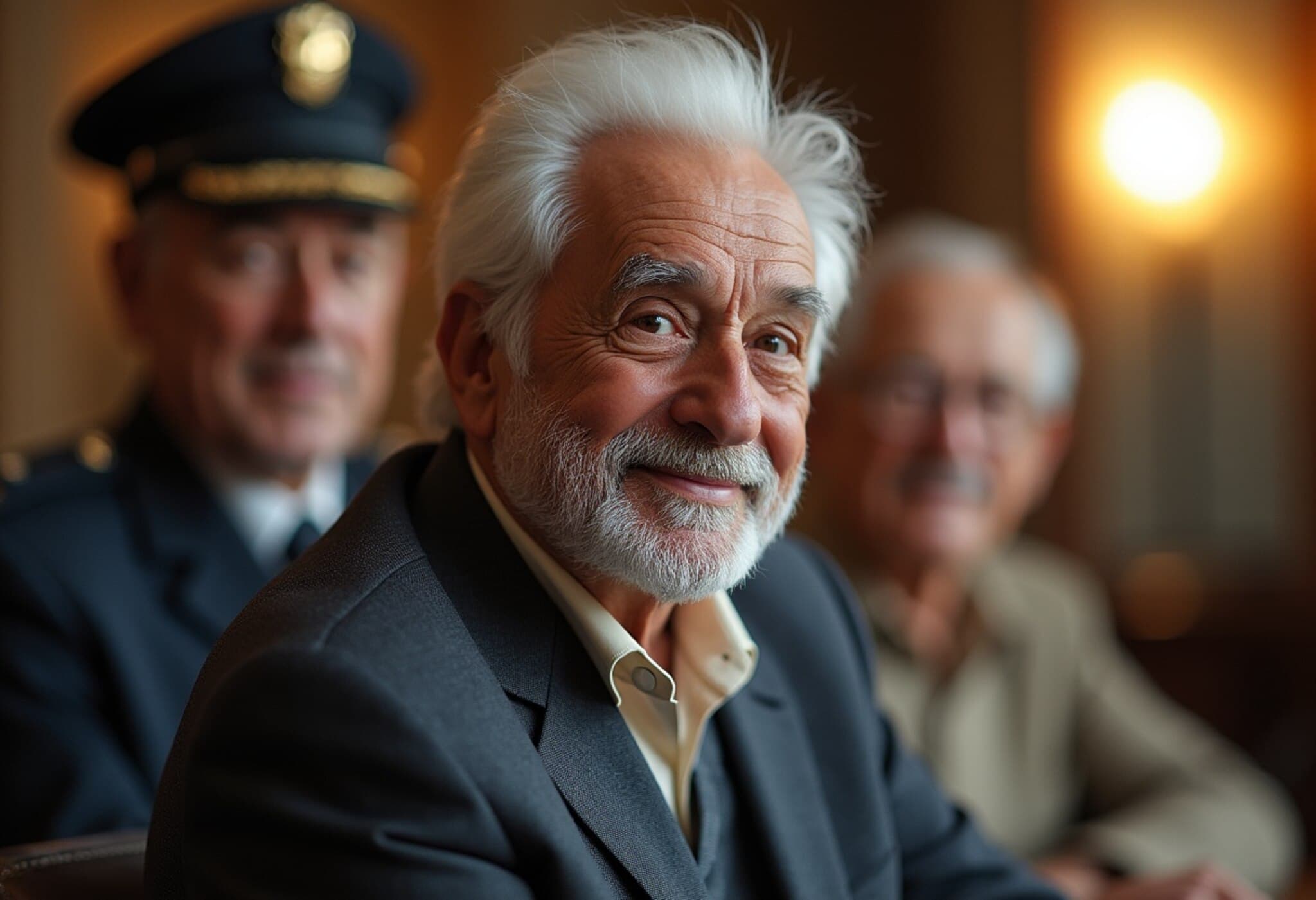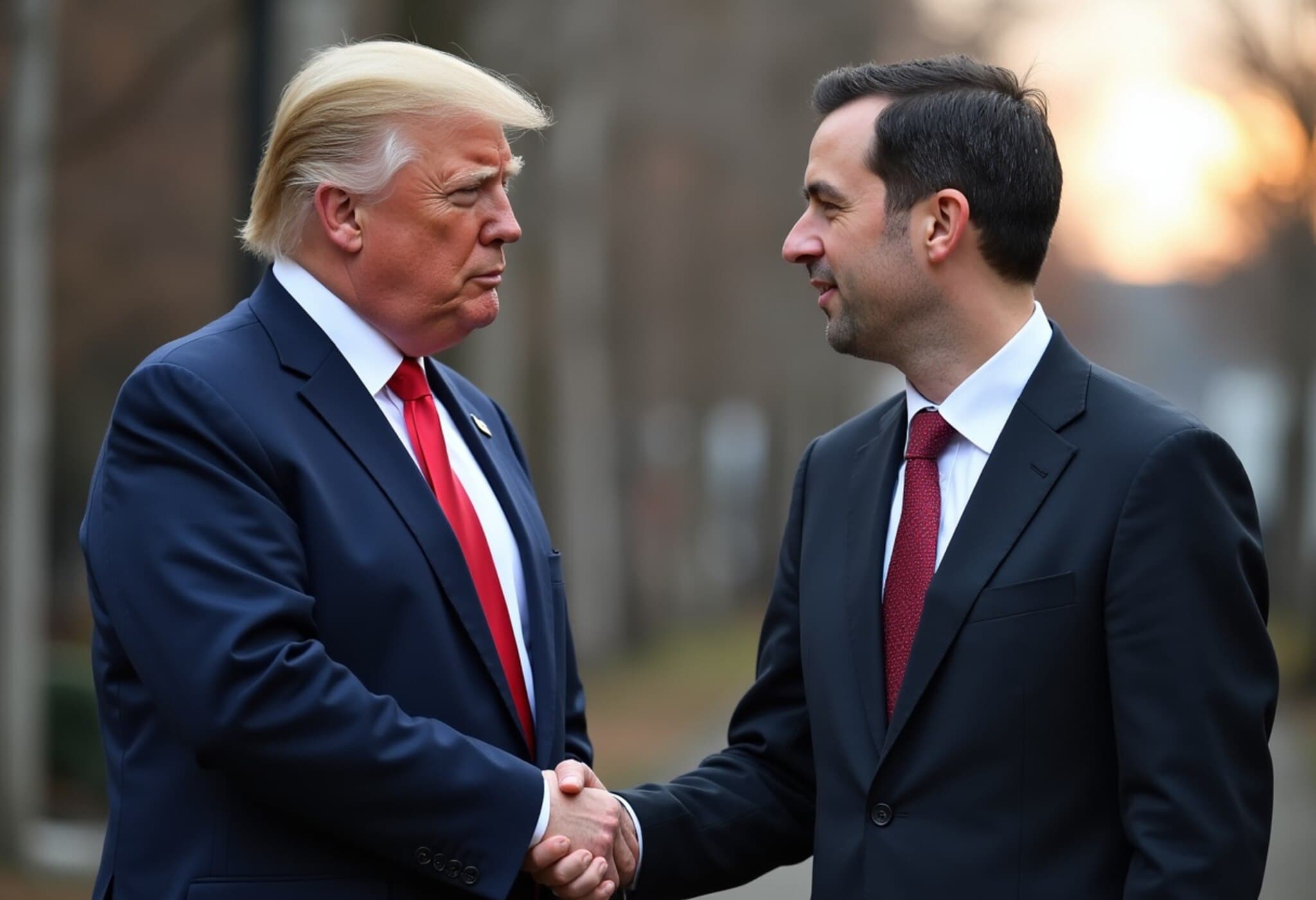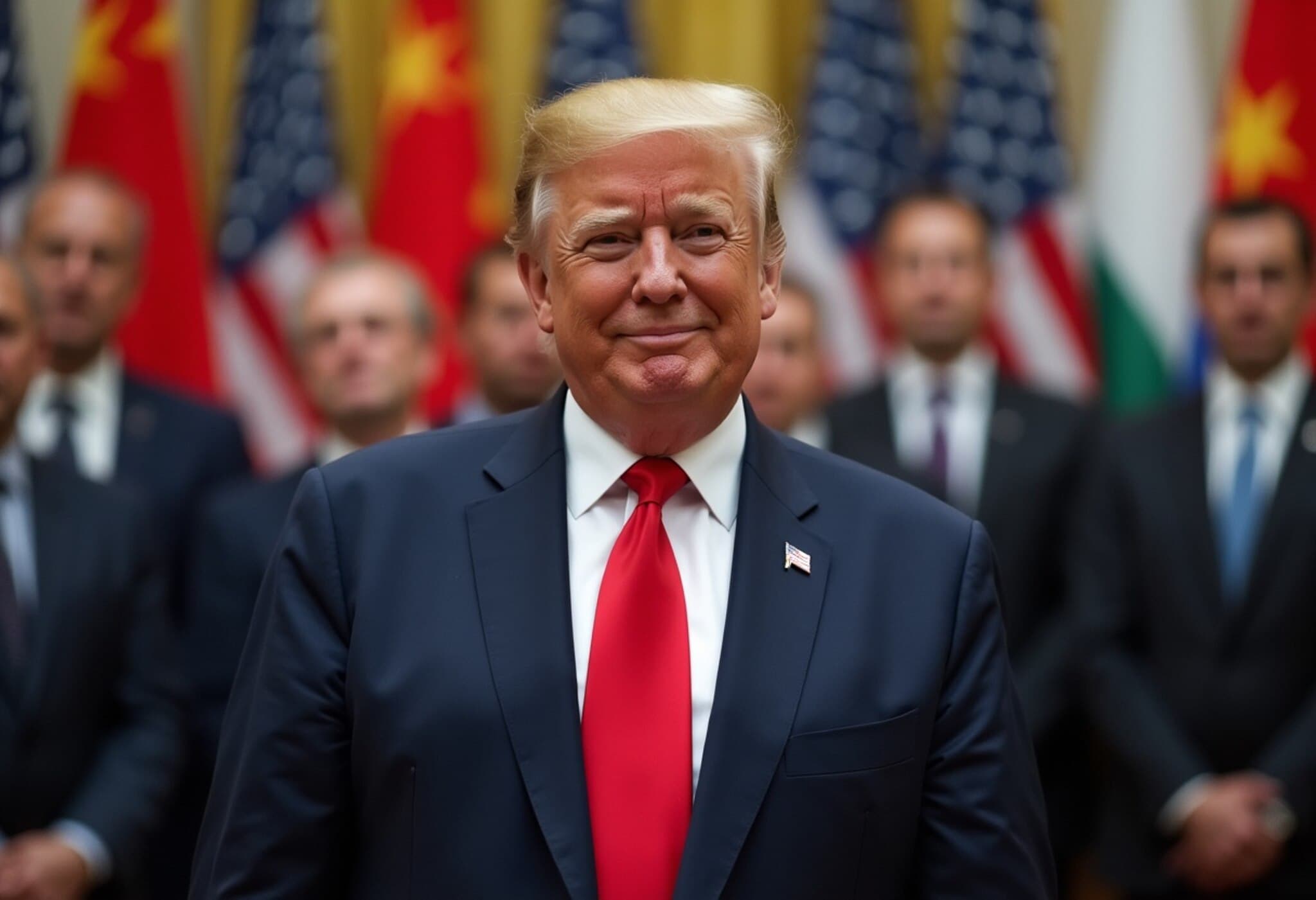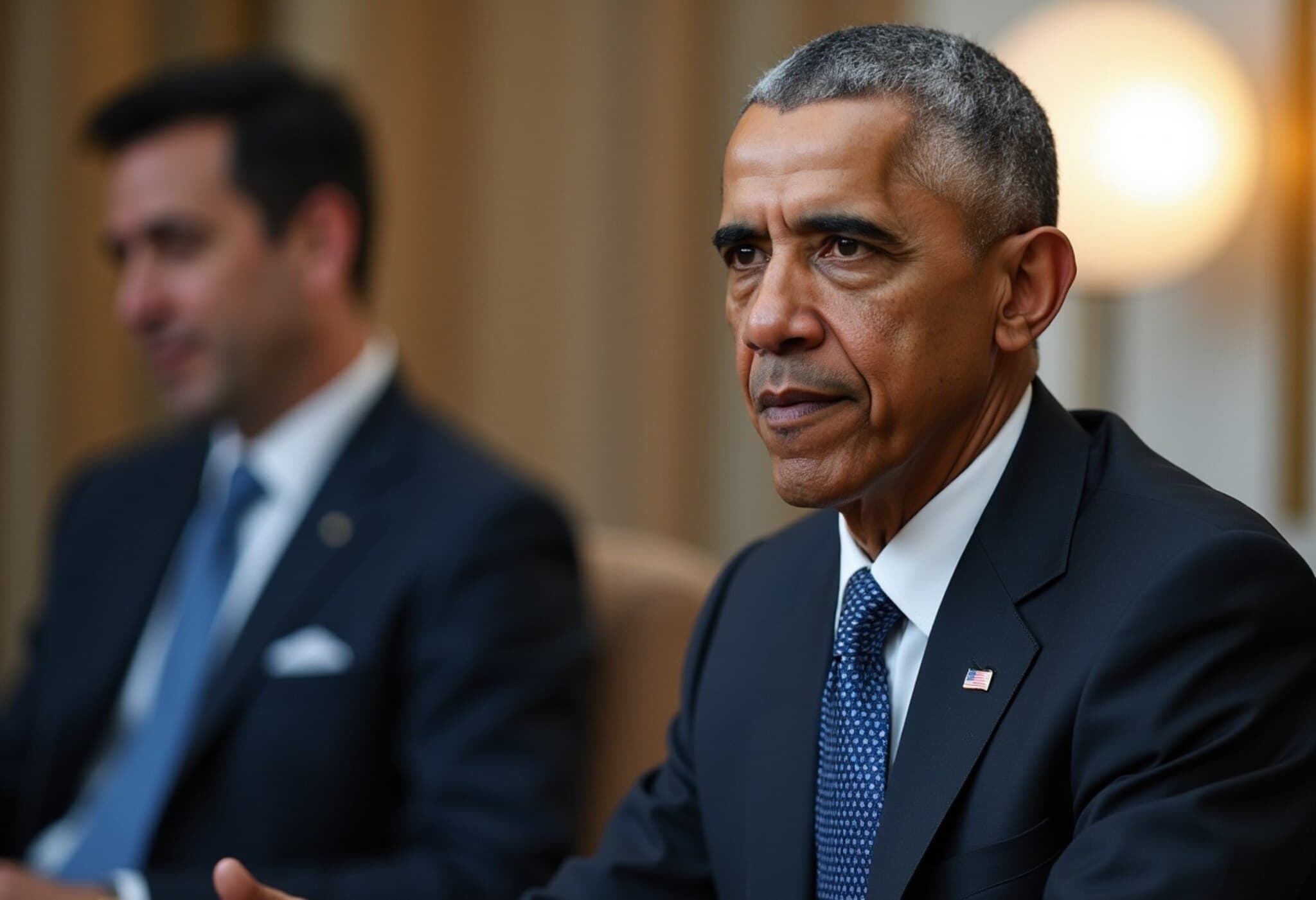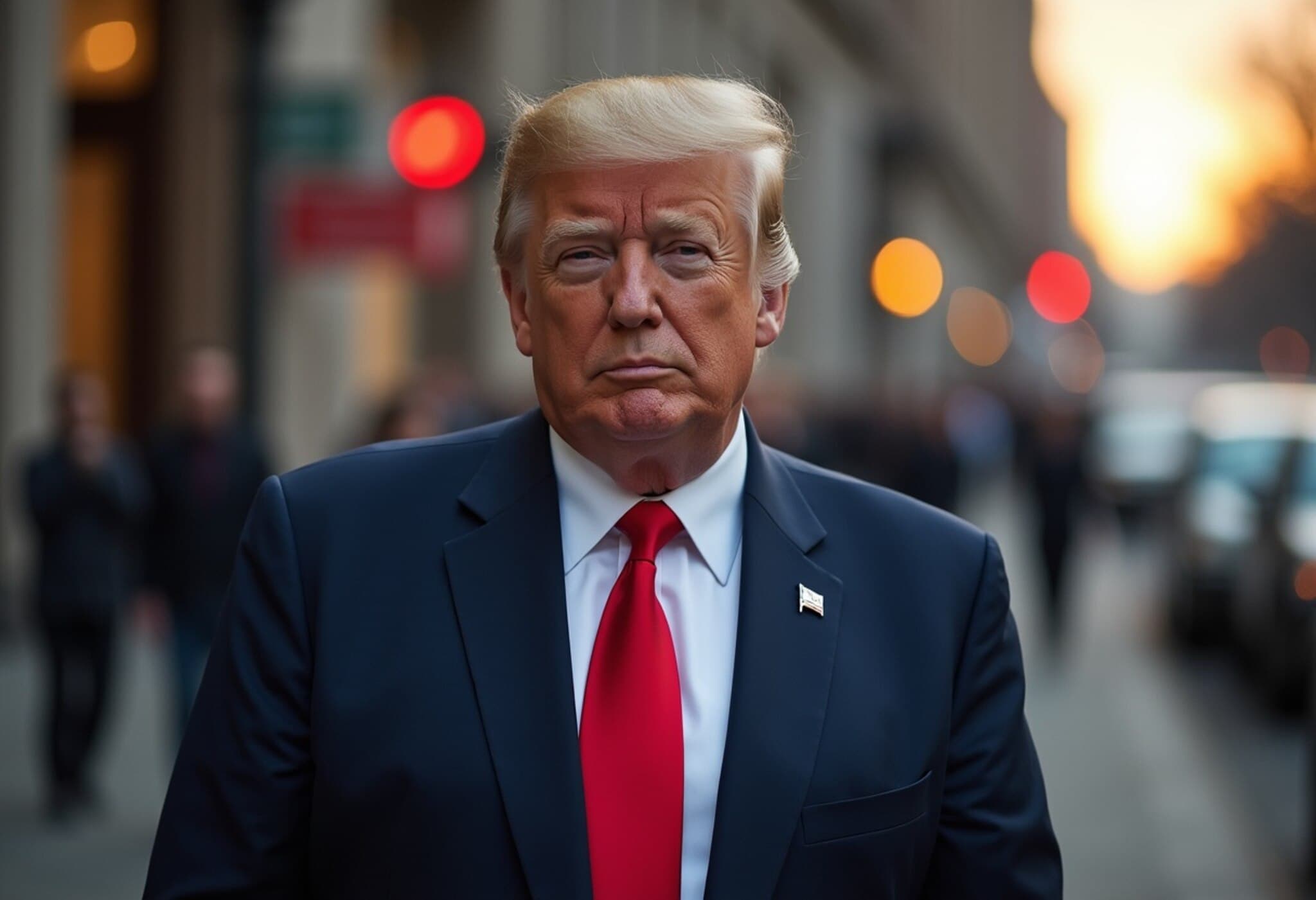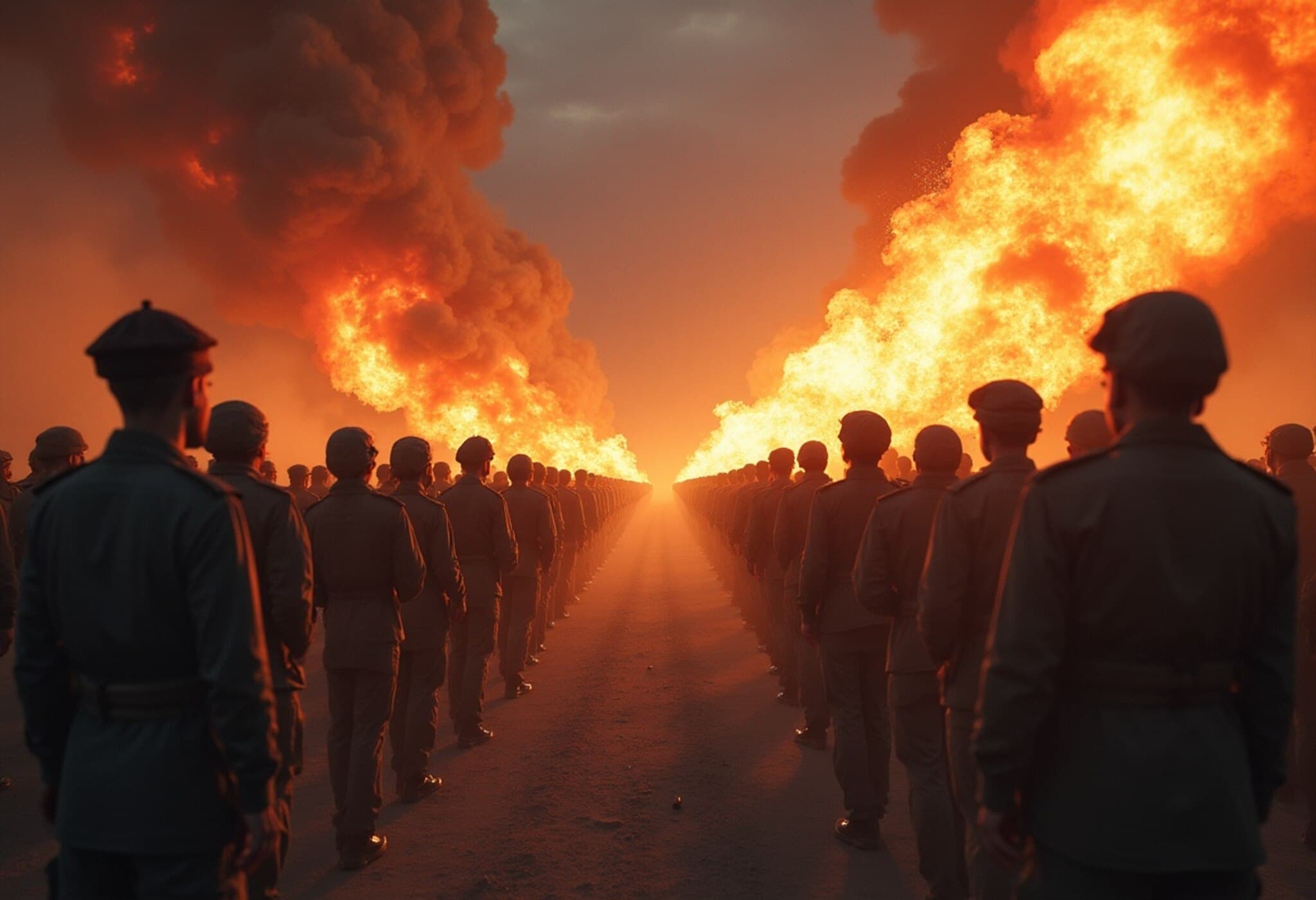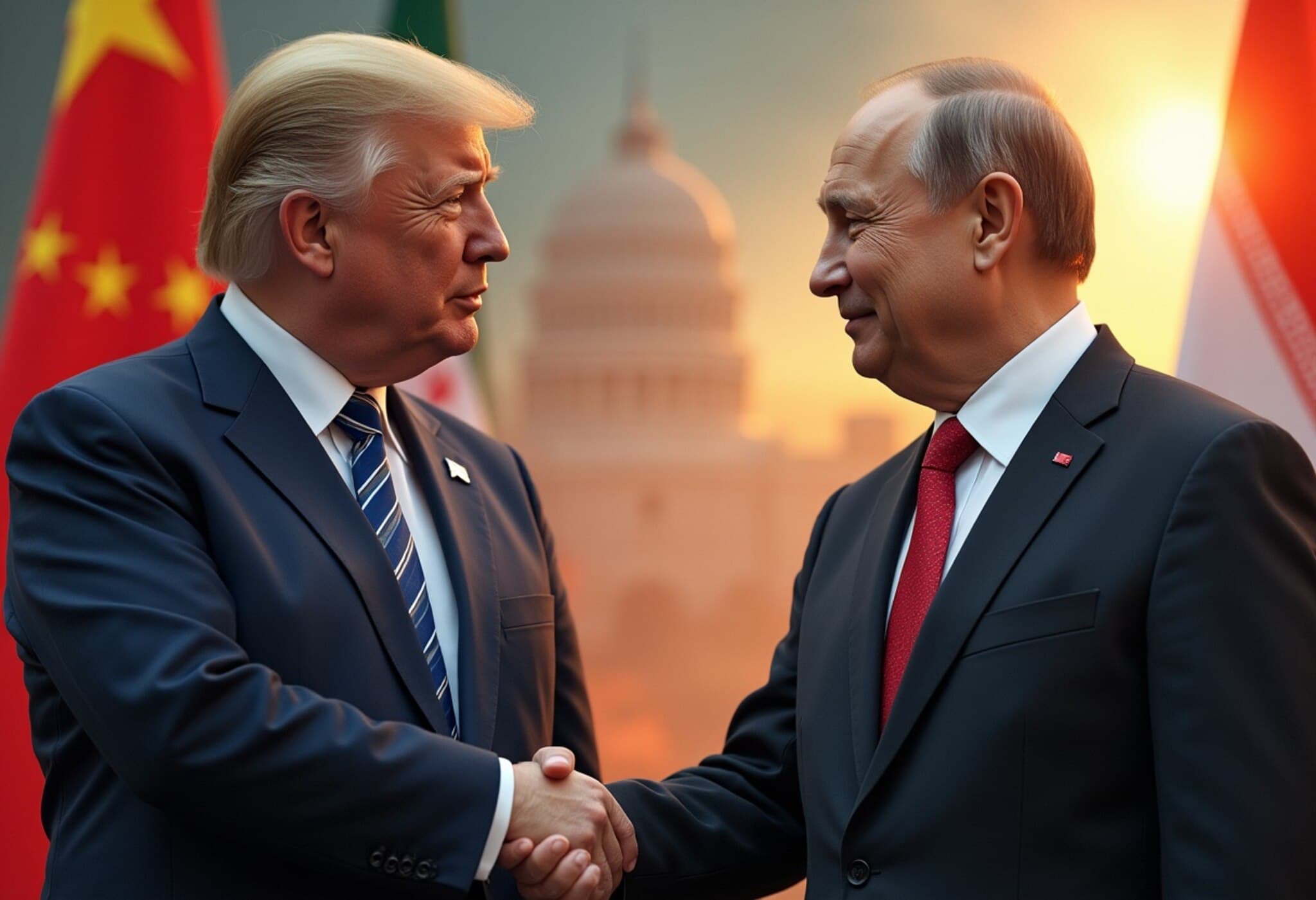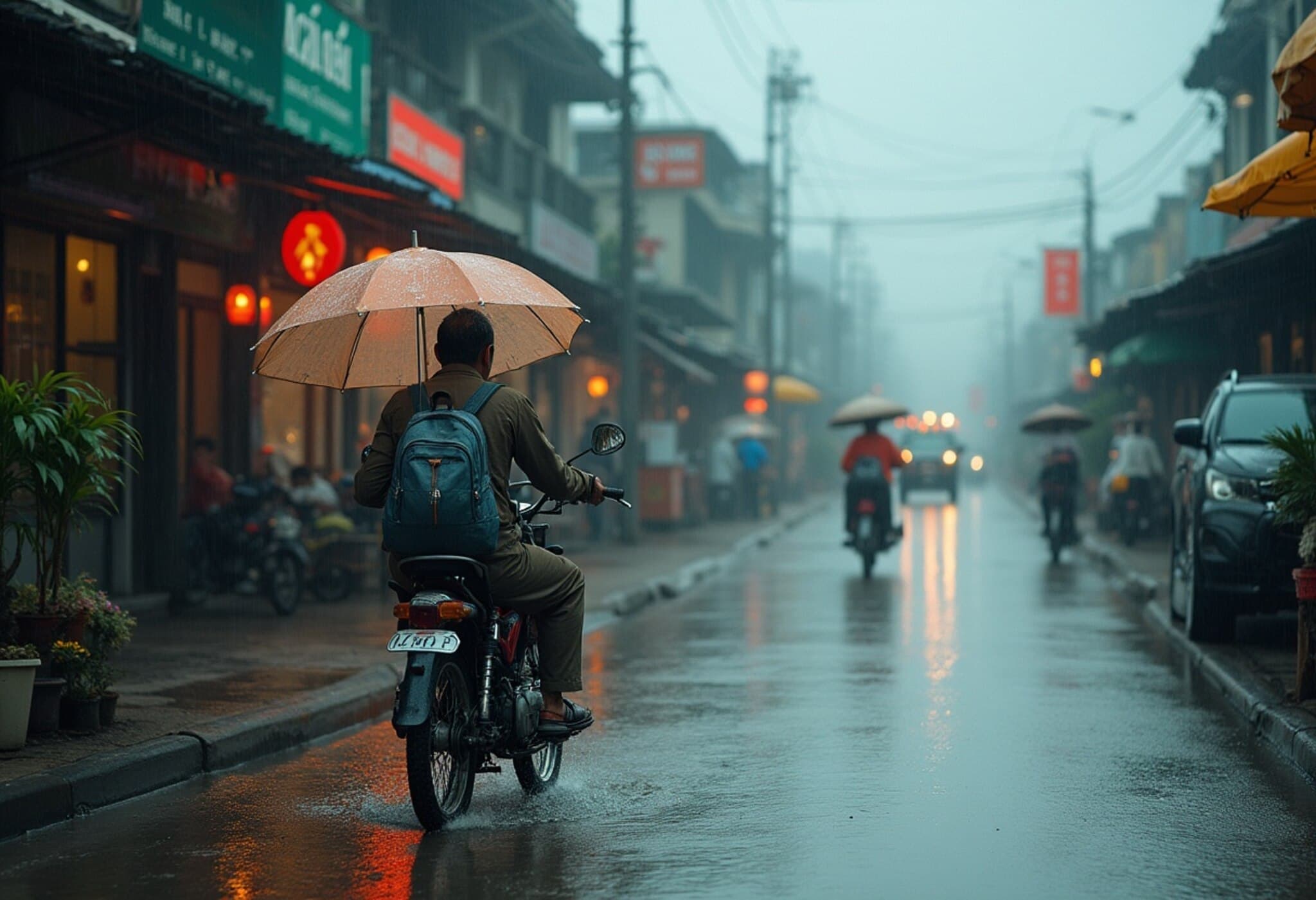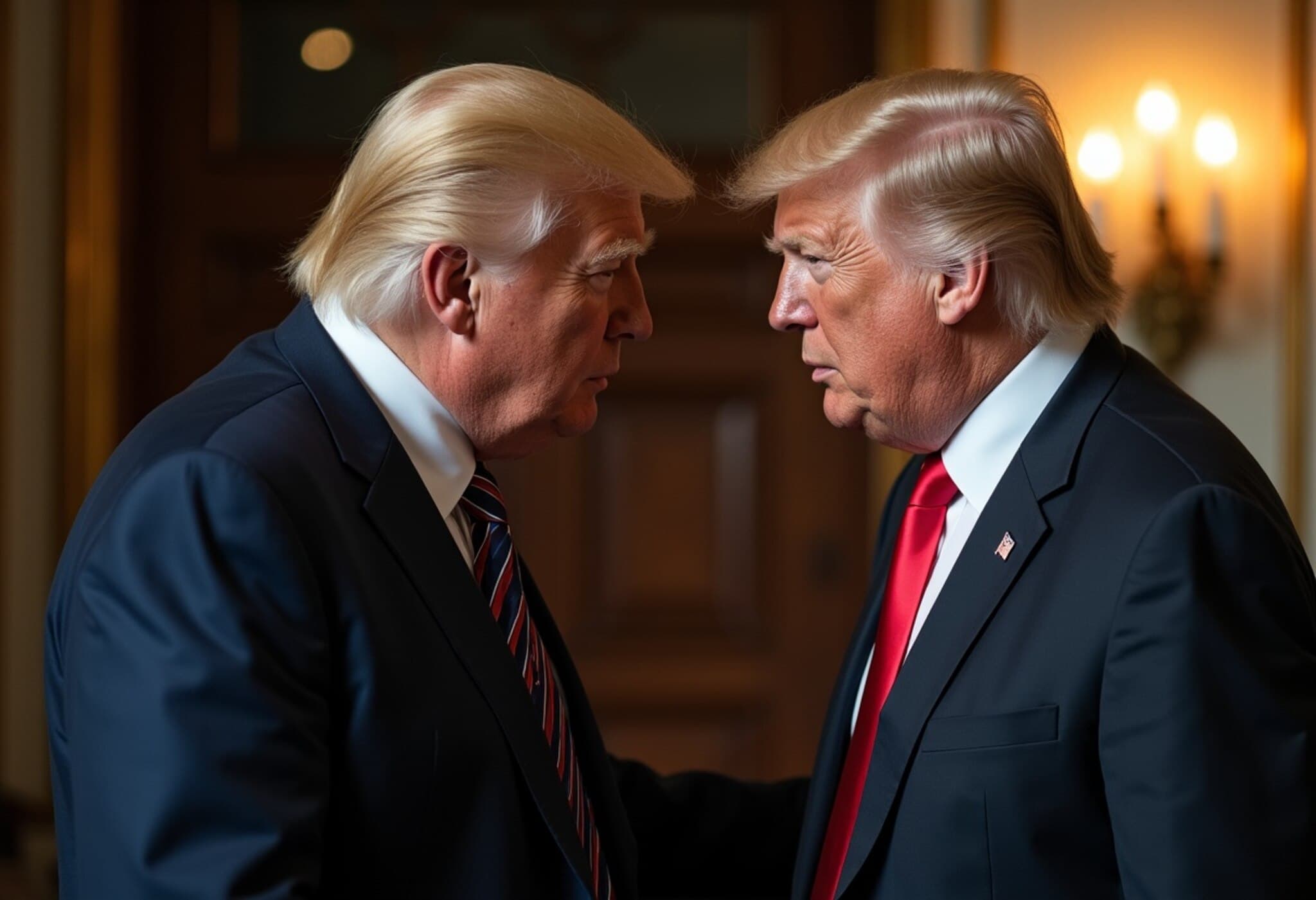Top 10 Oldest Political Leaders in the World in 2025
As 2025 unfolds, the global political landscape continues to be shaped by seasoned leaders, many of whom have surpassed the age of 80 and even 90. This remarkable trend towards political longevity prompts us to reflect on the implications of advanced age in governance, stability, and democratic vitality.
Meet the Elders of World Politics
Topping the list is Paul Biya, President of Cameroon, who, at 92 years old, holds the distinction as the oldest serving head of state worldwide. Biya’s political career spans over four decades, as he has been at the helm since 1982, having previously served as Cameroon’s prime minister.
His enduring rule underscores a complex political reality in many parts of the world where longevity in office blends with entrenched power structures, longevity of influence, and, often, public dissatisfaction.
Global Leaders Defying Age Norms
The assembled list includes a diverse mix, from constitutional monarchs with largely ceremonial roles to powerful presidents and supreme leaders who wield significant authority:
- Salman bin Abdulaziz Al Saud, King of Saudi Arabia, age 89
- Harald V, King of Norway, age 87
- Ali Khamenei, Supreme Leader of Iran, age 85
- Mishal Al-Ahmad Al-Jaber Al-Sabah, Emir of Kuwait, age 84
- Michael D. Higgins, President of Ireland, age 83
- Sergio Mattarella, President of Italy, age 83
- Alassane Ouattara, President of Côte d’Ivoire, age 83
- Nangolo Mbumba, Vice President of Namibia (acting as president in some periods), age 83
- Teodoro Obiang Nguema Mbasogo, President of Equatorial Guinea, age 82
These leaders exemplify a global political phenomenon where advanced age and tenure are not outliers but increasingly common.
Context and Implications: The Politics of Age
While age often brings experience, wisdom, and continuity, scholars and political analysts raise critical concerns regarding its impact on governance efficiency, responsiveness, and succession planning.
For instance, Paul Biya’s decades-long leadership has been marked by political tensions and calls for democratization. His prolonged rule highlights issues tied to authoritarian governance, wherein leadership longevity may hinder political innovation and delay necessary reforms.
On the flip side, constitutional monarchs such as King Harald V of Norway have roles steeped in tradition and national unity, with less direct involvement in daily policymaking.
Noteworthy Updates
Previously listed on similar rankings, Pope Francis, who passed away in April 2025 at age 88, is no longer a sitting head of state. The Vatican has elected Pope XIV, aged 69, reflecting a shift to relatively younger leadership.
Why This Matters
Understanding the age profiles of world leaders is more than trivia. It offers insights into generational shifts, governance styles, and political cultures across continents.
For policymakers and citizens alike, grappling with these realities is vital in shaping sustainable and inclusive political futures.
Top 10 Oldest Political Leaders in the World (2025)
| Rank | Leader | Age | Position | Country |
|---|---|---|---|---|
| 1 | Paul Biya | 92 | President | Cameroon |
| 2 | Salman bin Abdulaziz Al Saud | 89 | King | Saudi Arabia |
| 3 | Harald V | 87 | King | Norway |
| 4 | Ali Khamenei | 85 | Supreme Leader | Iran |
| 5 | Mishal Al-Ahmad Al-Jaber Al-Sabah | 84 | Emir | Kuwait |
| 6 | Michael D. Higgins | 83 | President | Ireland |
| 7 | Sergio Mattarella | 83 | President | Italy |
| 8 | Alassane Ouattara | 83 | President | Côte d’Ivoire |
| 9 | Nangolo Mbumba | 83 | Vice President | Namibia |
| 10 | Teodoro Obiang Nguema Mbasogo | 82 | President | Equatorial Guinea |
Data Source and Authenticity
This compilation, sourced from Statista and corroborated by the CIA World Leaders List, reflects data as of January 2025, ensuring an authoritative reference point for researchers and readers alike.
Editor’s Note
The prominence of octogenarian and nonagenarian leaders in global politics invites a closer examination of the relationship between age and effective governance. While their experience can be invaluable, these extended tenures also prompt reflection on democratic renewal, health of political institutions, and the critical need for inclusive leadership pipelines that balance respect for experience with fresh perspectives. As 2025 continues, monitoring these dynamics will remain crucial for readers invested in the evolving contours of global leadership.
By Cherry Gupta, Assistant Manager – Content, The Indian Express

